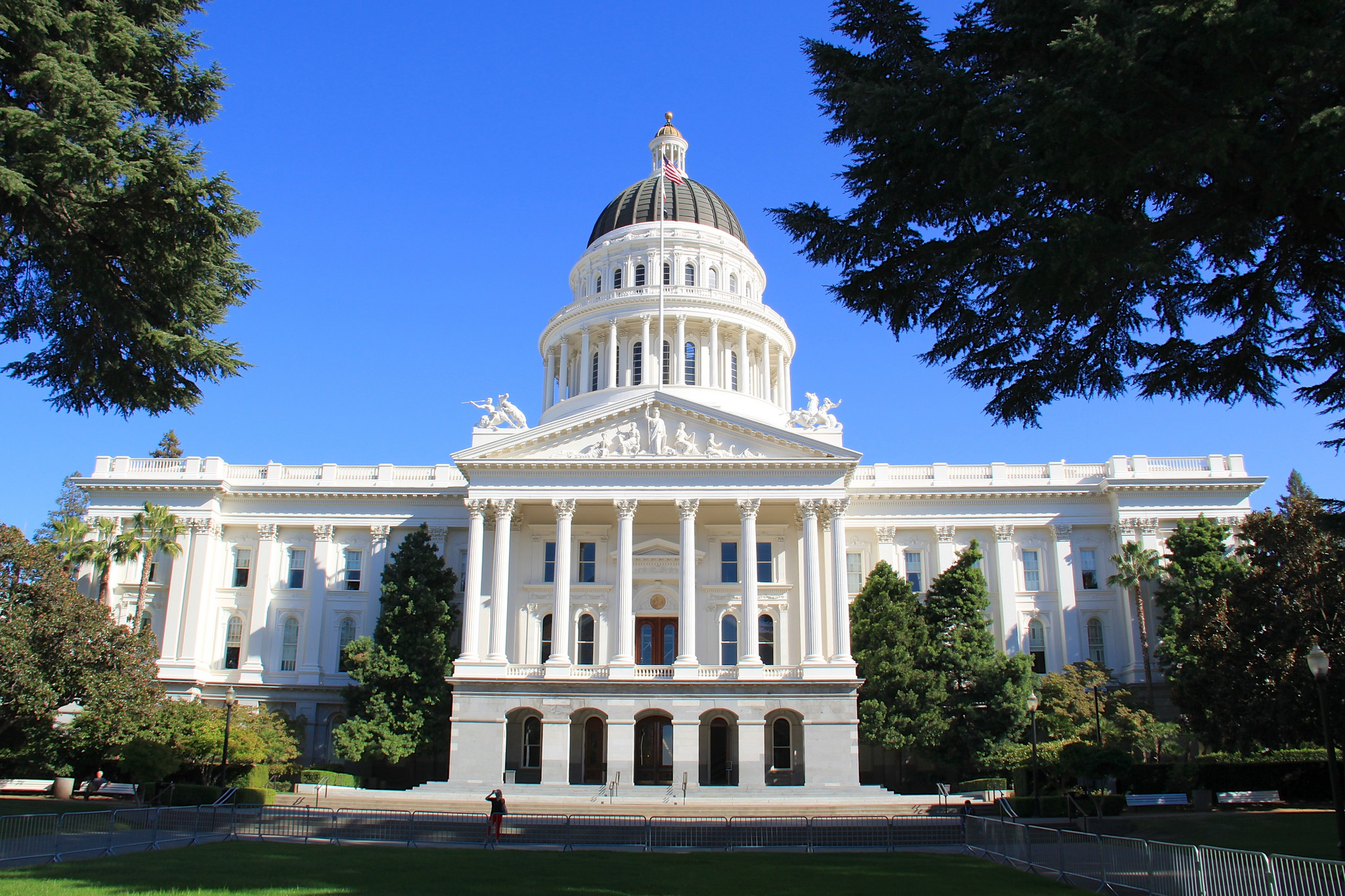Administrative Law
Congress Lacks Authority to Review California’s Car Waiver
It’s a complicated issue but the answer is clear: the Congressional Review Act does not apply.
States get many kinds of waivers from the federal government. For example, many states (including quite a few Red states) have received waivers from some Medicaid requirements. Overturning the EPA vehicle waiver would expose all state waivers to the risk of being overturned under the Congressional Review Act, contrary to the plain language of that statute.
CONTINUE READINGTrump’s Seven Most Anti-Environmental Moves — and How to Push Back
There were dozens of actions, all harmful to the environment. These are the worst of the worst.
In the month since he reentered the White House, Trump has dedicated himself to knee-capping environmental protection through a series of executive orders. These orders aim to eliminate crucial environmental regulations, eviscerate key agencies like EPA, arbitrarily halt government funding, and eliminate environmental restraints on the private sector. But these are not done deals, and there are ways of pushing back.
CONTINUE READINGThe California Car Waiver and the Congressional Review Act
Trump has found a possible way to end run California’s legal arguments for the waiver. But there’s no reason to give up.
If the CRA resolution does go through, California should wait until after the midterms, when Democrats are favored to take the House, and then try again with different formulated regulations. When the Trump Administration rejects them, it could then litigate whether the new versions were “substantially the same” as the old ones.
CONTINUE READINGAll the President’s Men
The people occupying environment and energy positions will be anti-regulatory and pro-fossil fuel.
There will be a lot of dramatic fireworks on Day One of Trump’s second term, literally and figuratively. Yet his ability to achieve his agenda will depend on the people he’s chosen to run the government. His energy and environment picks will follow the party line of expanding fossil fuels. Yet they may not be as extremist as their predecessors in the first Trump Administration or as some of Trump’s advisors.
CONTINUE READINGWhy I Still ♥ IRA
Biden’s climate law has already had a dramatic impact.
With over a half-trillion dollars in clean tech investment to date, the Inflation Reduction Act has left an indelible mark on U.S. climate policy. It’s unlikely that Congress will vote to repeal the whole law, given massive investments in GOP congressional districts. But even if they did, there’s no undoing the investments already made.
CONTINUE READINGThe Economics of Civil Service Abolitionism
Would elimination of civil service protection increase government efficiency? Probably not.
Economists have been thinking a long time about why employers sometimes grant job security and often adopt seniority systems. It seems likely that, all else aside, Schedule F will degrade the general quality of government workers. It’s not at all clear that the efficiency benefits of threatening people with firing are enough to outweigh having a less capable and less experienced workforce.
CONTINUE READINGPresidential Blitzkrieg: Good Tactics, Questionable Strategy
Flooding the zone has short-term benefits but possible long-term costs.
Trump has issued a flood of executive orders. Many of those actions relate to energy and environment, with the general intent of handicapping clean energy and promoting fossil fuels. Flooding the zone has undoubtedly helped him dominate the news and may have stunned opponents. But shirt-ternm success doesn’t always translate into long-term gains.
CONTINUE READINGCrisis at DOJ’s Environment & Natural Resources Division
Guest contributors Sommer Engels, Andrew Mergen, and Justin Pidot write that dismantling ENRD will be disastrous for future administrations, the American people, and even for the Trump Administration.
The Environment and Natural Resources Division (ENRD) of the Department of Justice faces its most profound crisis since it was established in 1909. In a little over a week, the Trump administration has (1) reassigned four career managers (leading nearly half of ENRD’s sections) to the newly formed Office of Sanctuary Cities Enforcement; (2) placed …
Continue reading “Crisis at DOJ’s Environment & Natural Resources Division”
CONTINUE READINGThe Green-State Playbook
Here are five ways states can save climate policy despite Trump.
Trump’s election is a body blow to U.S. climate policy, but there are ways that those states can fight Trump and move forward on their own plans. To cut to the chase, here are five key strategies for green states — starting with lawsuits against the Trump Administration, which were highly successful in Trump’s first term.
CONTINUE READINGTrump Goes to War Against Environmental Justice
Apparently it’s “woke” to worry about excessive pollution in minority communities.
There is little or no basis for Trump’s claim that Clinton environmental justice order violated either civil rights laws or the Constitution. Trump’s embrace of this extremist view is an indication of just how much more radical his second term may be compared with his first. The law does not require the government to close its eyes to the harm its own policies may be causing to minority communities.
CONTINUE READING










